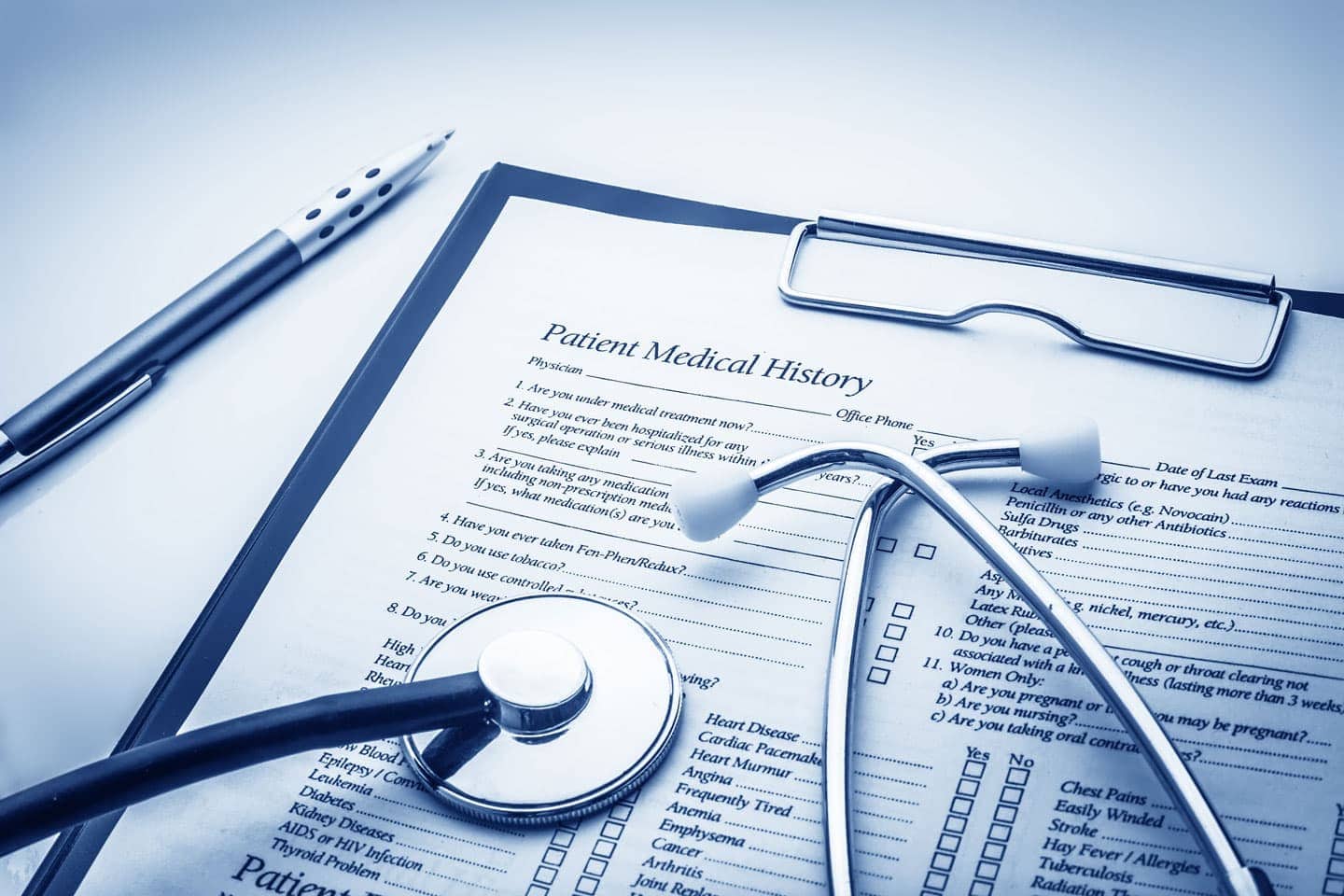- Empty cart.
- Continue Shopping
The Role of Medical History in Medication Safety

Medication safety is a critical concern in healthcare, affecting both healthcare providers and patients alike. While various factors contribute to the safe administration and consumption of medications, one element that often gets overlooked is the role of a patient’s medical history.
The Importance of Medical History
Medical history serves as a comprehensive record of a patient’s health conditions, past surgeries, allergies, and medication usage. It acts as a roadmap for healthcare providers, guiding them in making informed decisions about a patient’s treatment plan. Without a thorough medical history, the risk of medication errors, adverse reactions, and other complications increases significantly.
Identifying Drug Interactions
One of the primary ways medical history aids in medication safety is by helping to identify potential drug interactions. Some medications can interact negatively with others, leading to reduced effectiveness or even harmful side effects. A well-documented medical history allows healthcare providers to cross-reference new medications with those a patient is already taking, thereby minimizing the risk of adverse drug interactions.
Allergy Alerts
Allergic reactions to medications can range from mild to life-threatening. Knowing a patient’s history of allergies is crucial for avoiding medications that could trigger an allergic response. This information is especially vital in emergency situations where quick decisions are necessary, and there’s little room for error.
Tailoring Dosages
The right dosage can vary from person to person, depending on factors like age, weight, and overall health condition. A comprehensive medical history provides insights into these variables, enabling healthcare providers to tailor medication dosages more accurately. This personalized approach not only enhances the effectiveness of the treatment but also reduces the likelihood of overdose or underdose.
Monitoring Chronic Conditions
Patients with chronic conditions like diabetes, hypertension, or heart disease often require long-term medication. Their medical history plays a pivotal role in tracking the progress of these conditions and adjusting medication regimens accordingly. Regular updates to the medical history ensure that the treatment remains aligned with the patient’s current health status.
Informed Consent and Patient Education
A detailed medical history can also serve as a foundation for informed consent and patient education. When patients are well-informed about their medical history, they are better equipped to understand the implications of different medications, including potential side effects and interactions. This knowledge empowers them to be active participants in their healthcare, contributing to overall medication safety.
Legal and Ethical Considerations
Maintaining an accurate medical history is not just good medical practice; it’s also a legal and ethical obligation. In cases of adverse events or malpractice claims, a well-documented medical history can provide crucial evidence that proper procedures were followed, thereby protecting both the healthcare provider and the patient.
In conclusion, the role of medical history in medication safety is both significant and multifaceted. It serves as a critical tool for identifying drug interactions, preventing allergic reactions, tailoring dosages, and monitoring chronic conditions. Beyond its clinical utility, a well-maintained medical history also has legal and ethical implications, safeguarding the interests of both healthcare providers and patients.
In a healthcare landscape that is increasingly complex and specialized, the importance of a thorough medical history cannot be overstated. It acts as a cornerstone for medication safety, ensuring that both healthcare providers and patients can navigate the complexities of medication management with confidence and care.








